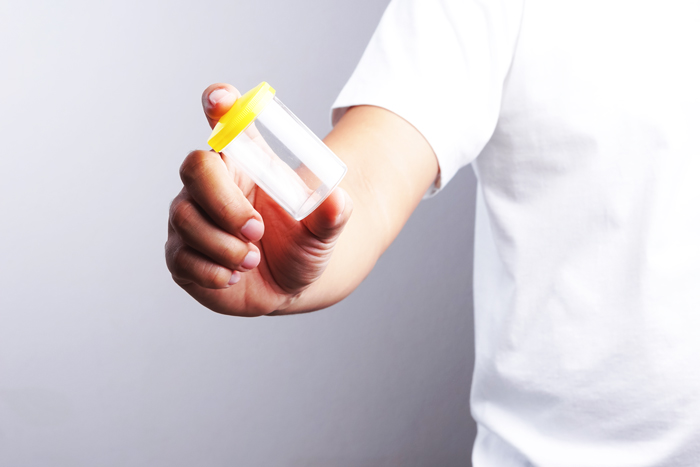While one drug-positive test does not guarantee that your employee has an addiction, it is important to understand the prevalence and nature of substance abuse. According to SAMHSA’s 2017 report, almost 20 million American adults suffer from substance use disorder, a biological disease commonly referred to as “addiction.”
An Overview
Depending on your workplace’s institutional affiliation (say, a state hospital vs. a business firm), you will have different legal requirements that will dictate the steps you should take after an employee tests positive for drug use. Some institutions must have a zero-tolerance approach for the safety of their employees and their customers. For example, medical centers where staff have access to prescription medications, government jobs, situations where employees are operating machinery or interacting with children, etc., all require more stringent policies.
If your workplace has the freedom and resources to enact your own drug testing policies, do so mindfully and with tact. Remember that drug testing can make employees uncomfortable (even if they have no rational reason to fear a drug test); and most importantly, remember that each of your employees has their own unique experiences surrounding substance abuse and addiction.
What Not To Do:
- Do Not Be Secretive: It is legally mandatory that your employees are aware of and agree to your drug testing procedures. Establish why your company wants to enforce these policies, and make everyone’s respective expectations very clear. Of course, for both legal reasons and general human decency, be sure to keep each employee’s records and procedures confidential.
- Do Not Overstep: Understand your legal limits as the employer, and try to also look at your procedure from the other side. Employees do have the right to refuse to take a drug test, but it will then be up to you to determine their work status.
What To Do:
- Be Well Informed: Be aware of all of your options when it comes to the technicalities of what method for drug testing will be used (sweat, urine, saliva, hair, etc.), and what kind of procedure you will use (random testing, pre-employment, post-injury or accident, etc.). Be sure to select options that make the most sense when in the context of your specific company. Consider factors like the size of your organization, any institutional or legal affiliations, the resources you have to oversee these procedures, etc.
- Get Perspective: As is the case with almost any issue involving an individual’s health and safety, your approach will be influenced by situational factors. A well-regarded, long-term employee testing positive for marijuana for the first time would be approached differently than a temporary employee who has twice tested positive for unprescribed opioid medication.
- Hear Them Out: If you have the opportunity, try to take into account your employee’s side of the story. This will not necessarily change the outcome, but it can be helpful when deciding what course of action would be the most beneficial both for them as a person and for your company.
- Provide Resources: It is not mandatory by any means for your company to have your own addiction treatment program, but seek out a local center that offers a holistic approach and a variety of programs (e.g. if you are in the Missouri area, contact the Aviary). As the employer, establish a connection with your closest center to hear how they recommend you refer clients to them.
At the Aviary Recovery Center, we offer individualized addiction treatment that address the client’s physical, mental, emotional, and spiritual health. We are happy to work with our clients and their employers to achieve the best long-term solution for everyone involved.
(314) 464-0222. We’re here to help.










